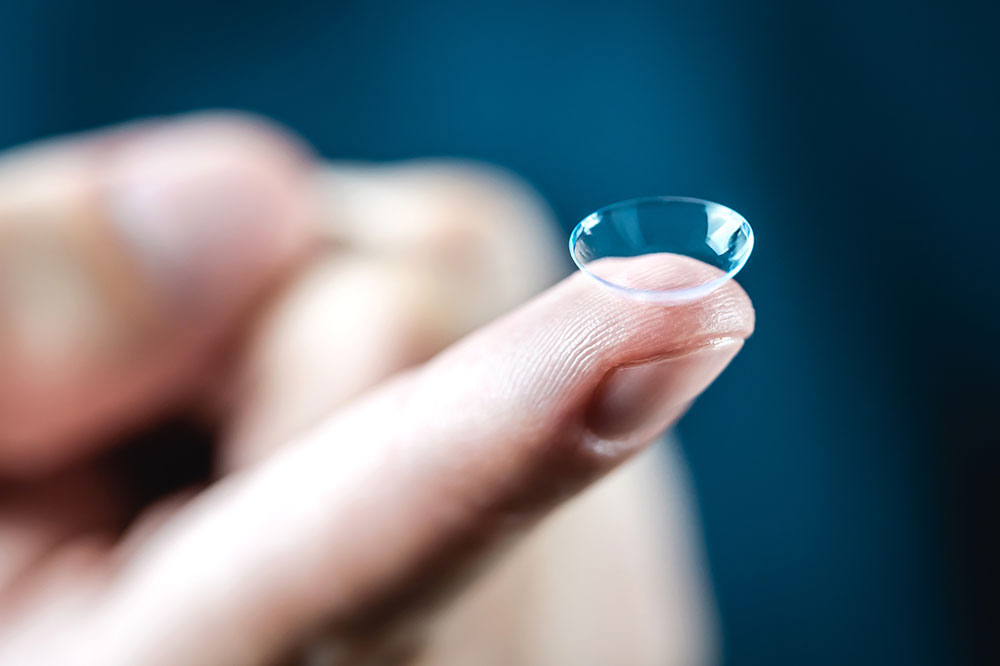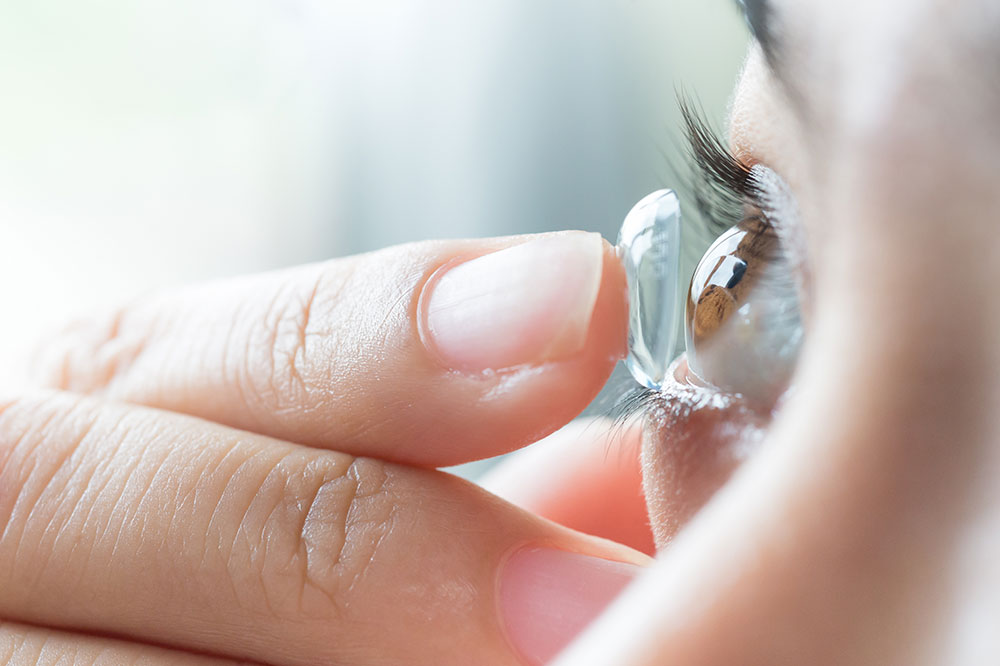Guide to Bifocal and Multifocal Contact Lenses: What You Should Know
This article explains the differences between bifocal and multifocal contact lenses, highlighting their types, benefits, and considerations. Perfect for those exploring vision correction options, it emphasizes the importance of professional advice for choosing the right lenses. Learn about how these lenses can improve clarity across various distances and the key factors to consider before making a selection. Suitable for individuals with presbyopia seeking convenient and effective vision solutions.

An Overview of Bifocal and Multifocal Contact Lenses
Multifocal contact lenses incorporate multiple prescriptions into a single lens, making them a great solution for those with presbyopia, an age-related condition that affects near and distance vision. They enhance clarity across various viewing distances. Understanding the different types and advantages of these lenses is crucial before making a choice.
Differences Between Bifocal and Multifocal Lenses
Many confuse these terms. Bifocal lenses have two distinct zones for near and far focus, whereas multifocal lenses offer a smooth transition between multiple focal points, providing more natural vision adjustments.
Categories of Multifocal Lenses
Concentric: Central zone for distance vision with surrounding rings for intermediate and near distances.
Aspheric: A gradual change in focus strength from center to edge, ensuring seamless vision shifts without distinct rings.
Advantages of Using Multifocal Contact Lenses
Clear vision at multiple distances
Convenient focus shifts without switching glasses
Eliminates the need for separate reading or distance glasses
Considerations and Potential Drawbacks
Getting accustomed to these lenses may take time
Initial side effects like glare or starbursts, especially at night
Generally higher cost due to their advanced design
These lenses are favored for their ability to support both near and far vision tasks, though price and adaptation period are important factors to consider.
Note:
This content offers general information about eye health and corrective lenses. It is not a substitute for professional medical advice. Always consult an eye care specialist for personalized recommendations.


